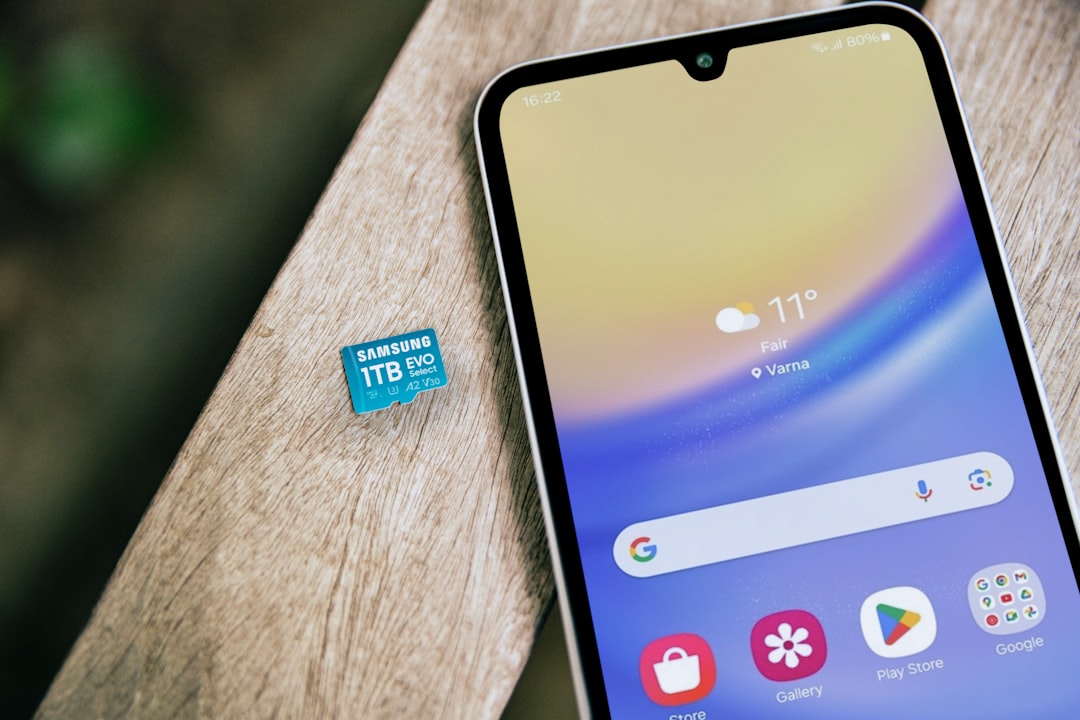In Florida, autodialer law firms must navigate stringent regulations to protect consumer privacy and data security while utilizing automated phone dialing systems for marketing. Compliance involves adhering to do-not-call lists, obtaining client consent, and maintaining robust data privacy standards, as outlined in the Florida Statutes and federal laws like the TCPA. Regular risk assessments, staff training, and staying current on regulatory changes are essential to avoid penalties, maintain consumer trust, and ensure legal compliance for autodialer law firms in Florida.
In Florida, autodialers are subject to strict regulations designed to protect consumers from unwanted calls. For law firms utilizing this technology, conducting a thorough risk assessment is essential for navigating the complex landscape of autodialer compliance. This guide explores how legal professionals in Florida can identify potential risks, conduct comprehensive assessments, mitigate common issues, and adopt best practices to ensure safe and lawful autodialer usage. By following these steps, law firms can enhance their autodialer strategies while adhering to state laws.
Understanding Autodialer Regulations in Florida

In Florida, the use of autodialers—automated phone dialing systems—is subject to specific regulations designed to protect consumers from unwanted and intrusive telemarketing calls. The Florida Statutes outline clear guidelines for law firms and businesses employing autodialer technology, emphasizing consent, do-not-call lists, and data privacy. Failure to comply with these autodialer laws can result in significant penalties, making it crucial for firms to conduct thorough risk assessments before implementing such systems.
Understanding the local legal framework is essential for any law firm considering the use of autodialers. Florida’s regulations mandate that calls made through an autodialer must be preceded by express written consent from the recipient, with clear opt-out options provided. Additionally, businesses must respect and honor state and federal do-not-call lists, ensuring no calls are made to numbers registered on these lists. Law firms using autodialers should also implement robust data security measures to protect consumer information, adhering to privacy standards set by both state and federal laws.
Identifying Potential Risks for Law Firms

In the realm of legal practice, particularly for law firms in Florida, utilizing autodialers for communication can present both opportunities and risks. Identifying potential hazards is a crucial step in conducting a comprehensive risk assessment. One primary concern revolves around consumer privacy and data security. With autodialers, there’s a heightened risk of unauthorized access to client information if the technology isn’t properly secured. Malicious actors could exploit weak links in the system, leading to data breaches that compromise sensitive case details.
Additionally, Florida’s strict regulations on telemarketing practices come into play when employing autodialer systems. Misuse or misunderstanding of these rules can result in substantial fines and damage to a firm’s reputation. Ensuring compliance with do-not-call lists, obtaining proper consent for automated calls, and respecting consumer preferences are essential aspects that autodialer law firms in Florida must navigate to avoid legal pitfalls.
Conducting a Comprehensive Risk Assessment

Conducting a comprehensive risk assessment is a vital step for law firms in Florida utilizing autodialers, as it ensures compliance with state regulations and mitigates potential legal issues. This process involves a thorough examination of the firm’s automated dialing practices to identify and address any risks associated with consumer privacy, consent, and overall regulatory adherence. By systematically evaluating these factors, law firms can maintain ethical standards and protect themselves from penalties and reputational damage.
During the assessment, firms should scrutinize their autodialer systems, including call scripts, data collection methods, and client consent procedures. This includes ensuring informed consent is obtained, calls are not made to individuals in certain protected categories (e.g., those on do-not-call lists), and all communication adheres to Florida’s specific autodialer laws. Regular reviews and updates to this assessment are essential, as the legal landscape surrounding autodialers can evolve, requiring law firms to stay agile and proactive in their risk management strategies.
Mitigating Common Autodialer Compliance Issues

Many law firms in Florida are leveraging autodialers for outreach and marketing, but this technology comes with compliance risks. To mitigate common issues, firms should start by thoroughly understanding the autodialer law in Florida, which prohibits certain practices like making automated calls to numbers not providing prior consent. Regular training sessions can ensure staff are up-to-date on these laws.
Implementing robust do-not-call management systems and maintaining detailed records of caller activity is crucial. Using autodialers without proper oversight can lead to unwanted calls, causing client frustration and potential legal repercussions. By adopting best practices and staying compliant with Florida’s autodialer regulations, law firms can effectively manage risks while leveraging this technology for successful outreach campaigns.
Best Practices for Maintaining Autodialer Safety and Legality

Maintaining safety and legality with an autodialer is paramount for Florida law firms employing automated calling systems. Best practices include ensuring compliance with the Telephone Consumer Protection Act (TCPA) and Florida’s consumer privacy laws, such as obtaining proper consent before placing automated calls or texts to clients and prospects. Regularly reviewing and updating your autodialer scripts can help prevent errors that could lead to costly legal repercussions.
Implementing robust data security measures is another critical aspect. Protecting client information stored in autodialer databases not only safeguards sensitive data but also builds trust with your clientele. Additionally, training staff on the correct use of the autodialer system and maintaining open lines of communication with both internal teams and external partners can contribute to a seamless and compliant operation. Florida law firms should stay informed about evolving regulations and industry best practices to ensure their autodialer systems remain safe and effective.






